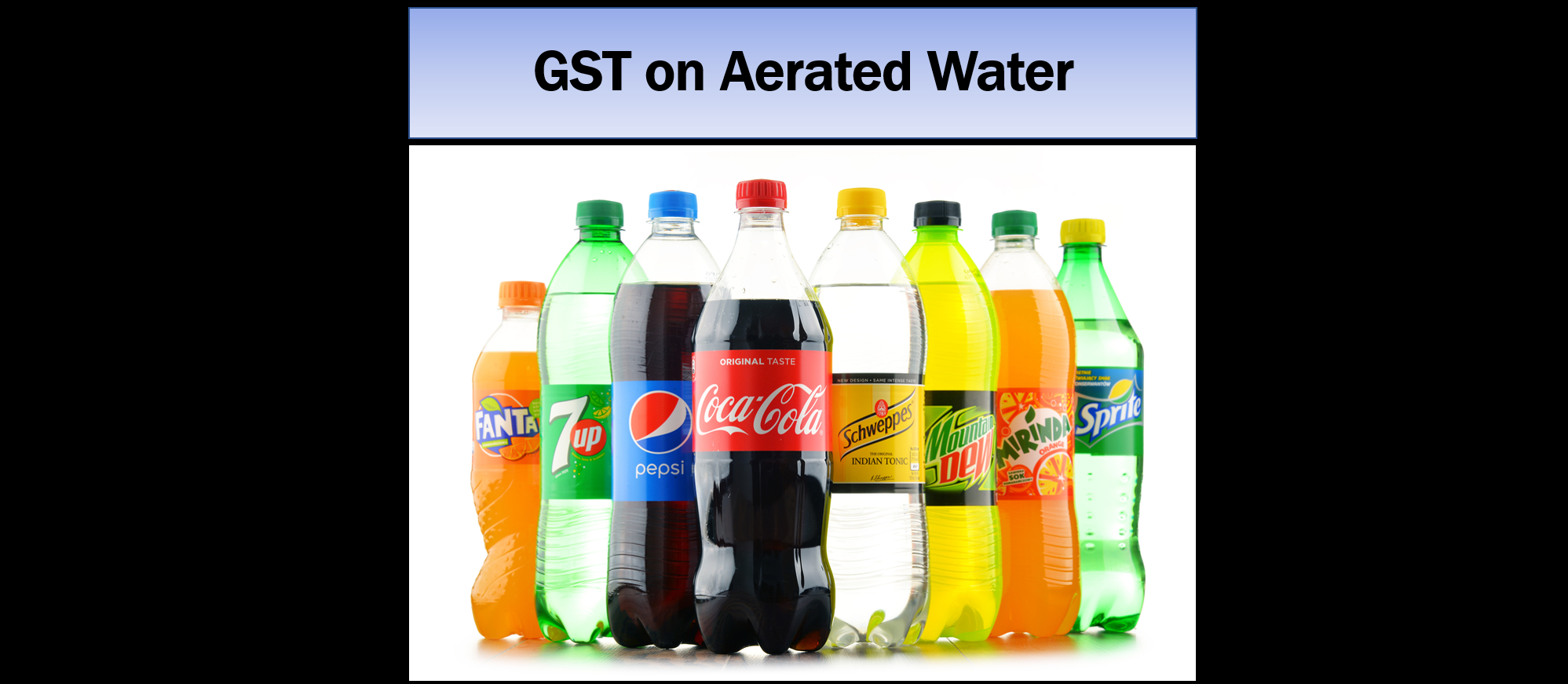
Soft drinks, ubiquitous in our daily lives, have recently found themselves under the spotlight yet again due to the implementation of Goods and Services Tax (GST). The complexity surrounding their tax structure in India has long been a matter of discussion, owing to the absence of clear guidelines in the realm of service tax. Understanding how the composition of these beverages determines their GST implications sheds light on the recent changes and their implications for businesses and consumers alike.
The GST Landscape for Aerated Drinks
A significant portion of the Indian beverage market comprises aerated drinks, which are subject to taxation based on the composition of their flavoring. According to prevailing laws, if a soft drink contains more than 10% fruit flavor (or 5% for lemon flavor), it is taxed at 12% as a beverage. Conversely, those with less than 5% flavor content are classified as flavored water, subject to a higher GST rate of 28%, along with a compensation cess at 12%.
However, a gray area emerges for drinks falling within the 5% to 10% flavor range, raising questions about their taxation treatment under GST.
Impact of GST Policy Changes on the Aerated Drinks Industry
The recent amendments in GST policies have stirred ripples across the aerated drinks industry, compelling manufacturers to reassess their formulations and marketing strategies. A notable loophole exploited by some soft drink producers pertains to minimizing flavor content to reduce costs and maximize profits. The revised GST structure aims to close this gap, mandating a minimum flavor threshold for beverages to qualify for the lower tax bracket.
In response to these regulatory changes, companies are introducing new products boasting higher flavor concentrations. This shift not only aligns with GST requirements but also signals a potential improvement in product quality. Previously, the focus on cost-cutting measures often compromised the sensory experience for consumers. The revised tax framework incentivizes manufacturers to prioritize flavor integrity, thereby enhancing overall product satisfaction.
Conclusion: Towards a Flavorful Future
The recent overhaul in GST regulations pertaining to aerated drinks marks a significant step towards fostering transparency and quality within the industry. By incentivizing the inclusion of adequate flavor content, the revised tax structure aims to ensure that consumers receive value-driven products that meet their expectations. Moreover, it serves as a deterrent against subpar formulations driven solely by profit motives.
As businesses adapt to the evolving regulatory landscape, consumers can anticipate a market replete with refreshingly flavorful options. The harmonization of taxation and product standards not only benefits stakeholders but also reinforces consumer trust in the integrity of the beverages they consume. Ultimately, the synergy between soft drink composition and GST policies paves the way for a more vibrant and responsible industry ecosystem.
This article is only a knowledge-sharing initiative and is based on the Relevant Provisions as applicable and as per the information existing at the time of the preparation. In no event, RMPS & Co. or the Author or any other persons be liable for any direct and indirect result from this Article or any inadvertent omission of the provisions, update, etc if any.
